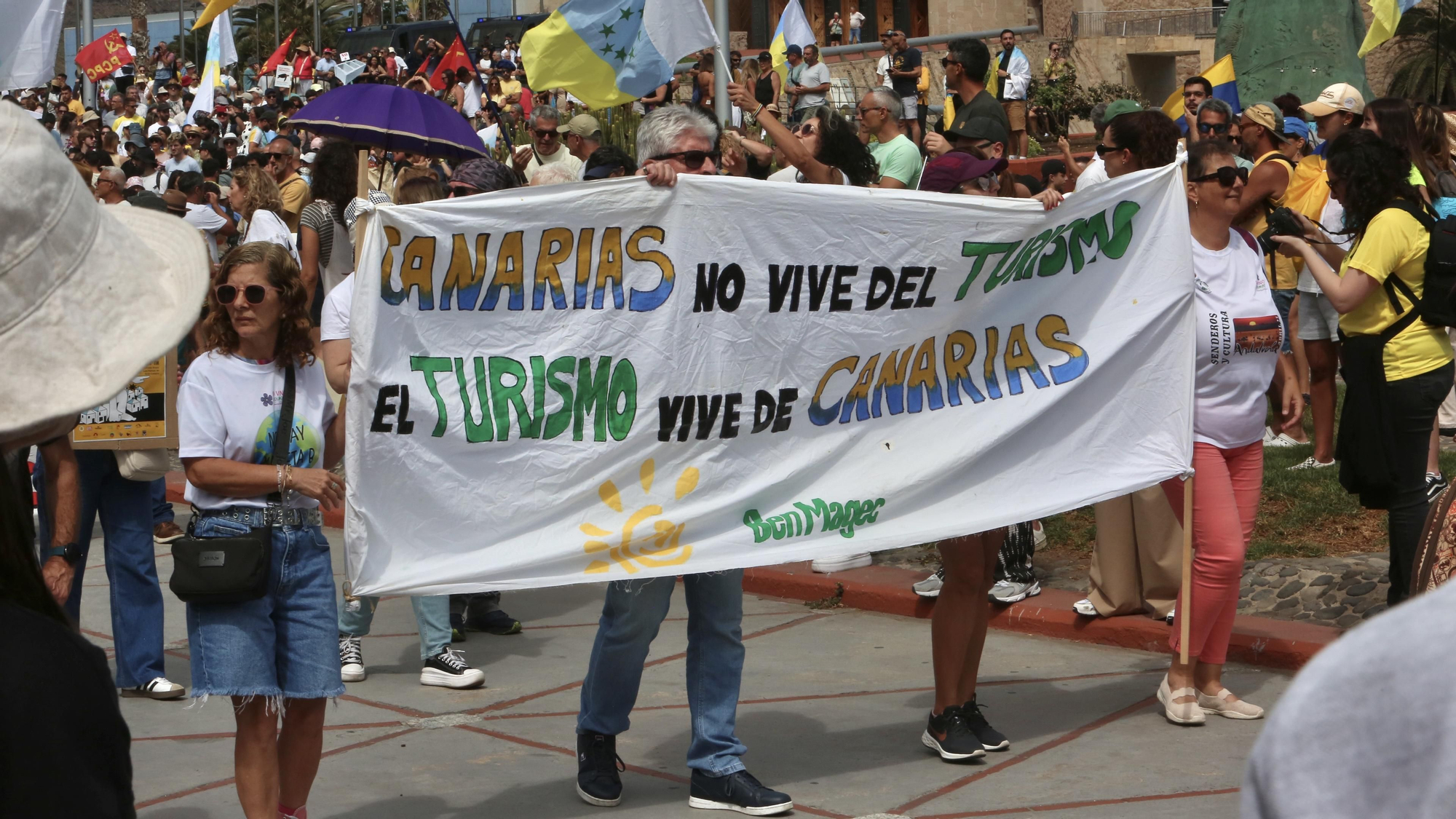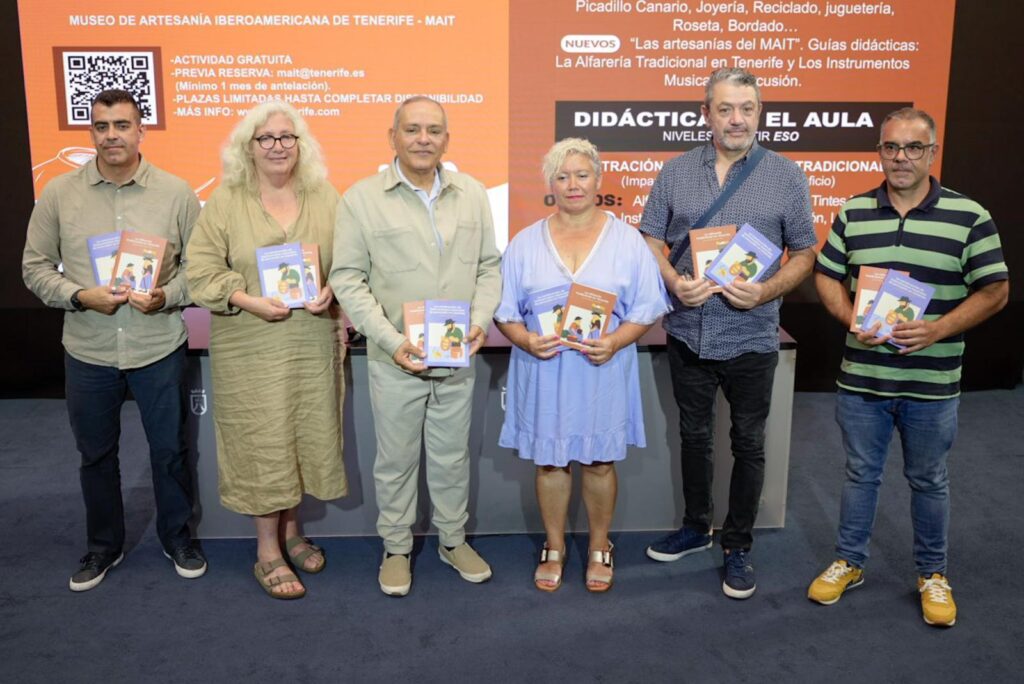Under the name of forest penny, the Cabildo de Tenerife (CC-PP) announced last Wednesday its intention to implement a new tax at the end of the year on all drivers (excluding those transporting goods and professionals) on the island. This tax on fuels, according to the insular corporation, will be used to protect the island’s natural spaces, aimed at monitoring the forests, restoring degraded areas, and preventing desertification.
However, it has been precisely both parties, partners in the Government of the Canary Islands as well as in numerous administrations across the archipelago, that on various occasions have rejected implementing a tourist tax that would charge for overnight stays in island hotels and that this would be earmarked for specific objectives, such as the protection of natural spaces in the Canary Islands.
Among the arguments are that it would decrease the arrival of tourists (which has been proven false in those places where it already exists); the difficulty of distinguishing between residents and visitors; or the risk of discrimination, as the insular president herself pointed out that those who have to come to the island for obligatory reasons, such as medical treatments, could not be penalised.
In this regard, the Cabildo of Tenerife rejected last May the motion from the Socialist Group to implement a tourism eco-tax on the island, a measure that Rosa Dávila expressed willingness to debate days prior to the 18th of May protest convened against mass tourism and saturation on the islands, an attitude that even the vice president of the corporation, Lope Afonso (PP), in an interview given to Mírame TV, labelled as an “opportunistic turn” on the part of their governing partner.

Ultimately, the proposal was defeated with votes against from CC, the PP, and Vox, which was described by the opposition as an “inconsistency, revealing the political opportunism of the insular governing group,” while accusing the president of Tenerife of “lying to the citizens” by claiming she would support the eco-tax for tourists, only to “immediately afterwards, reject it in the plenary session of the Cabildo.”
In this way, both CC and PP have shifted their fiscal positions. Both parties have advocated for tax reductions, specifically of the IGIC, whose reduction was an electoral promise, but since the start of the legislative term, they have presented different arguments, deemed “excuses” by the opposition, not to carry out this measure.
Indeed, at the time, the reason given by the regional Government’s Tourism Minister, Jessica de León (PP), for discarding the tourist tax in the Canary Islands was that it would mean “plundering the Canarians” because it is only “sustainable for the Government.”
However, with this measure, which Rosa Dávila claims is “environmental, not revenue-generating” [and that will affect local drivers]; tax will be levied of up to two cents per litre of fuel, and it will soon be approved in a plenary session of the Cabildo, whose aim, according to the insular president, is to “penalise” the use of private vehicles, as “Tenerife has one of the highest motorisation rates in the world, with more than 800 cars for every 1,000 inhabitants.”
For its part, the Socialist Group in Tenerife reported that this new tax “will fall directly on the families and workers of the island”, and reiterated its criticism of the changing positions of both parties who “have systematically vetoed the launching of an eco-tax that would be paid exclusively by tourists.”
“What interests does Rosa Dávila serve? It is evident that not those of the families of Tenerife,” asked the secretary general of the PSOE in the insular Cabildo, Tamara Raya.
Now, we are astonished to see how those who repeatedly rejected an eco-tax for tourists have no qualms about approving a new direct tax for those of us living in Tenerife, under the name of forest penny, which we will pay every time we fill our vehicle’s tank.
The secretary general of the PSOE in the Cabildo of Tenerife, Tamara Raya.
Lastly, from the opposition in the Cabildo, they demand that “protecting our territory and fighting against climate change is a priority for the PSOE of Tenerife, but the bill cannot fall solely on those of us who live in this paradise. If we truly want a sustainable model, it must be fair and balanced, and those who enjoy the island for a few days must also contribute to caring for it,” concludes the secretary general.
















